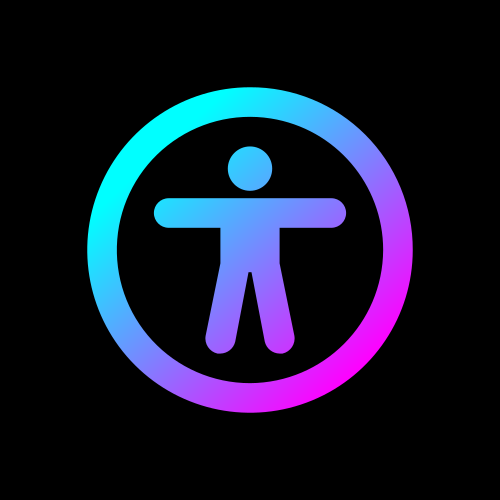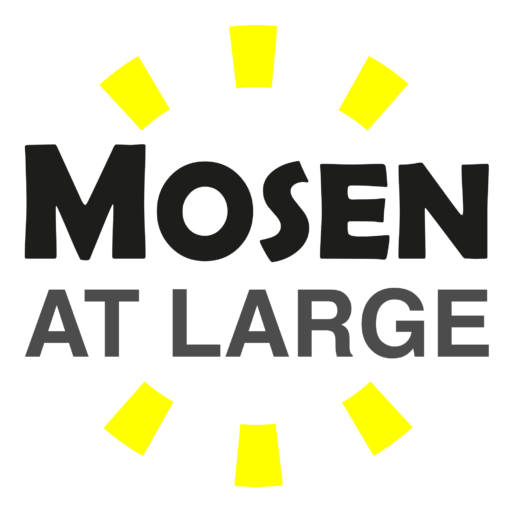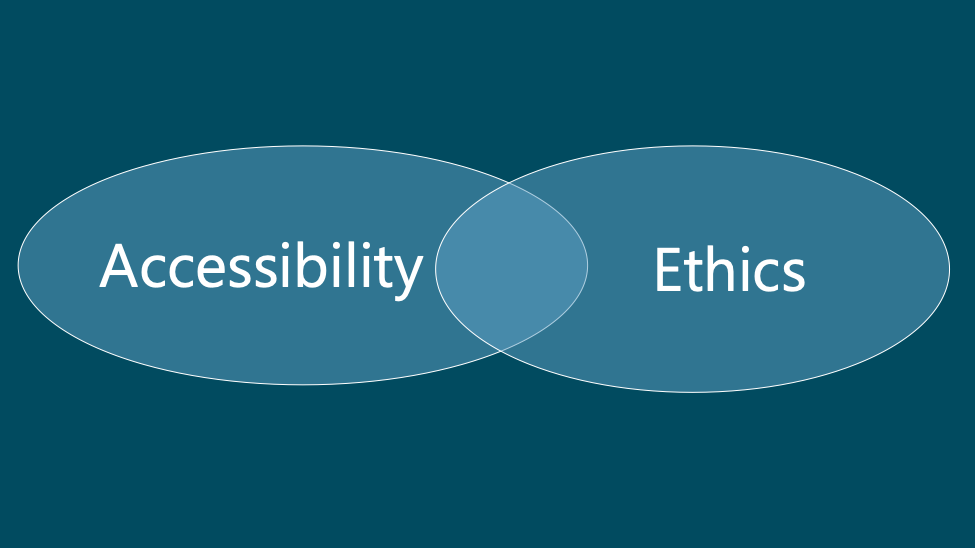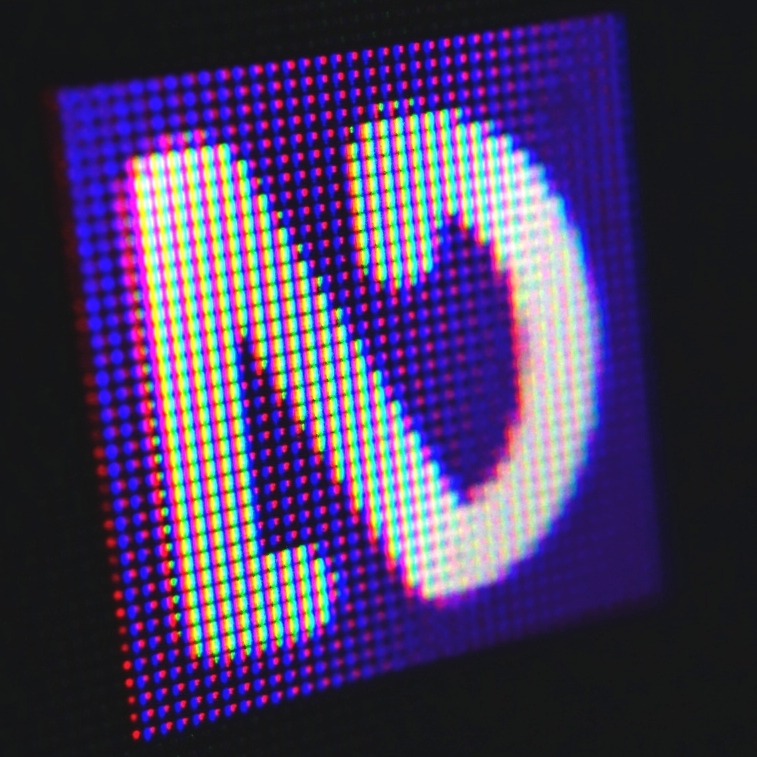Samuel Proulx
Blind geek, fanfiction lover (Harry Potter and MLP). Mastodon at: @fastfinge@equestria.social.
- 20 Posts
- 103 Comments

 2·10 months ago
2·10 months agoSome of the universal contractions require more symbols than the American ones do. As well, some contractions were eliminated entirely in UEB because they could cause ambiguity. Others had more strict rules instituted about when and how they could be used, to make those rules easier and avoid having rules with exceptions.
Please note, however, that I am extremely biased. The way I learned Braille (grade 2 American, and all Nemeth for math) when I was seven years old is, obviously, the way God intended Braille to be written, and probably how he wrote the ten commandments on those tablets he gave Moses back in the day. Modern changes to it are obviously abominations, and go against the natural order of things. Lucky for me, all of my devices still let me switch to Grade 2 American Braille anyway, so I can ignore this new fangled universal Braille code the kids want me to learn, and shake my cane angrily at them. Okay, Okay, I’m only 36. But that’s how I feel! LOL. If you want the pro-UEB argument, maybe one of the younger commenters who actually likes it can be provoked into an argument…uh…I mean debate. I think maybe @dhamlinmusic@dragonscave.space uses UEB?
As for signs, I have seen some with grade 2 Braille on them, especially when they have a lot of information to convey, like on a plaque with fire exit/emergency instructions for example, or in some museum exhibits with Braille information. But stuff like “bathroom”, button labels like open/on/off/start/stop, or elevator buttons, or room/class/office numbers, will generally be in grade 1, even when they could save a few symbols by using grade 2.

 2·10 months ago
2·10 months agoOkay, get comfortable. This answer is going to take a minute. First, I need to introduce you to the concept of Braille contractions. A Braille contraction is a set of symbols used to represent a longer group of letters, or an abbreviation for a longer word. For example, there are symbols to represent frequently used English letter groupings like “ing”, “ation”, “ed”, “and”, and so on. There are also short forms for frequently used words, like “cd” for could, “l” for like and many more. These contractions were introduced to Braille because of how large Braille is. The idea is to compress writing to take up less space, making books smaller, and reading quicker and easier on the Fingers. However, these contractions are different from one Braille system to another. In Grade 2 literary Braille, some of the contractions could be ambiguous. However, the meaning was always clear to human readers thanks to context. In UEB, the contractions were changed to make sure none are ambiguous and to simplify the rules for there use, so it would be easier for computers to translate between contracted and uncontracted Braille.In the case of signs in public buildings, these are almost always written in what’s called Grade 1 Braille. All that means is Braille that doesn’t use any of these contractions. In fact, in UEB, I believe grade 1 Braille was renamed to be called Uncontracted Braille. This was done because not everyone wants to, or can, memorize the hundreds of Braille contractions; perhaps due to age, cognitive challenges, etc. Now, we get to math! A single Braille character is composed of six dots (I’m not going to get into eight dot computer Braille right now). This means there are only so many symbols to go around. So what Nemeth did is remove all of the Braille contractions, and replace them with math symbols. But the basic numbers from 1 to 9 are nearly identical between the two systems. The symbols that are different are things like brackets. As I’m writing this, I’m realizing that I don’t even know if literary Braille has a plus symbol. When I want that, I type the “number sign”, indicating that I’m switching to Nemeth Braille. After a number sign, all Braille is assumed to be math, until the next space character. I hope that helped, even if it wasn’t a direct answer to your questions!

 1·10 months ago
1·10 months agoFrom the perspective of a blind person, your metric for code quality is all wrong and not useful. I can’t use inaccessible software. Open source refuses to embrace accessibility. It’s therefor worse in every way that matters to me and Noah. Commercial developers produce accessible software. Open source developers don’t. It’s as simple as that.

 1·10 months ago
1·10 months agoThe short and sad answer is that you can’t.

 2·10 months ago
2·10 months agoBut that code you write at home is probably not accessible. You don’t need a screen reader personally, and no laws are forcing you to do it. That means the majority of open source developers don’t bother. Even if you, personally, want to bother, if your writing for Linux, the api you need to use to work with screen readers quite frankly sucks, because the people writing the open source tech stack didn’t give a damn. Linux won’t be viable for blind people unless major distros have full time accessibility folks, and refuse to accept inaccessible packages and patches.

 3·10 months ago
3·10 months agoUnfortunately for your question, I went to school before UEB was a thing. I’ve considered learning it as an adult, but it’s SO UGLY! It was designed to make Braille translation easier for computers, not to be a good reading experience for humans. All of my devices can use Grade 2 American Braille, so I continue to use that, and will keep doing so until support is completely removed. As I recall, I was introduced to the Braille symbols for each math concept as they came up during my math lessons. The primary difference between my math education and that of my peers was that I was taught to use an abacus instead of trying to replicate pencil and paper calculations in Braille. The size of Braille, and the difficulty of lining up numbers on the page, made it just not worth learning that way. The same concepts of decimal numbers, adding, subtracting, etc were still introduced, while giving me a small, quick, powerful way to do quick math that didn’t require a keyboard or even electricity.

 5·10 months ago
5·10 months agoApparently! I don’t hide my data in any way, and constantly get ads in languages I don’t speak. Usually French, but sometimes Hindi or Chinese. And as a blind person myself, I’m not sure that my well paid full time job working in large enterprise and big tech accessibility is altruism deserving of thanks haha.

 2·10 months ago
2·10 months agoI assume it’s because I live in Canada, and big American data just assumes all Canadians speak French. I regularly get French ads on English websites.

 761·10 months ago
761·10 months agoI don’t block anything. I work in accessibility, so it’s important to me to know what the experiences are like for my fellow users with disabilities. I also don’t want to recommend sites or apps that are riddled with inaccessible ads. I’d rather not give them traffic at all. Though even though I let them track me, I still get ads in a language I don’t speak for cars I can’t drive. What’re they doing with all that data?
 2·11 months ago
2·11 months agoGood to know; thanks! I’ll keep an eye on it.
 2·11 months ago
2·11 months agoI was having issues with outgoing federation to Mastodon on 0.19.0. I just did the update five minutes ago, so we’ll see if that fixes it. If you’re seeing this comment I guess it’s working at the moment.

 3·11 months ago
3·11 months agoI don’t actually know; I don’t have an android phone. It’s certainly worth testing, though.

 4·11 months ago
4·11 months agoSaves a ton of bandwidth! And seems to lower memory use slightly.

 1·11 months ago
1·11 months agoIf you’re looking for accessible dice, or ways to make other card and board games accessible, I strongly recommend checking out 64 oz games. They have products for all ages, at a wide variety of prices.

 1·11 months ago
1·11 months agoSame! It’s easily one of my favorite visual novels.

 2·11 months ago
2·11 months agoCommunity discovery has a lot of friction.
On top of that, communities are just slow to grow in general. We ran the Reddit community for five or six years before it really caught on. I suspect Lemmy will have similarly slow growth.
Another issue is that we still don’t have apps for mobile that are as nice as Dystopia. The website is fine, and there are some decent apps out there, but none quite as frictionless. It was the advent of Dystopia and Apollo that really caused /r/blind to take off. With those apps gone, if someone is going to have to use a worse app anyway, why not stick to Reddit? I think for some folks it feels like they have less to relearn that way.
Regardless, we’re here for the duration! I’ve left Reddit entirely, so I use rblind.com daily myself as the replacement. And the things that have lasting power are the things the people running it use themselves.
I think what would really cause us to grow is if things like Guppe Groups ever have to shut down. Blind folks are hugely involved in Mastodon, and we’re already seeing some folks use rblind in similar ways they use Mastodon groups. It does boost everything posted, so it kind of works that way.

 2·11 months ago
2·11 months agoI have, a little bit through cloud gaming; I don’t have a local PC powerful enough to run it. But I think the network delay from cloud gaming is throwing me off. At least, that’s what I’m blaming for my lack of skill!

 2·11 months ago
2·11 months agoFor me it’s an xbox and Forza. This is the first time there’s been a high quality accessible game on each console!

 2·11 months ago
2·11 months agoAlso, see the gift guide put together by the Double Tap Podcast: https://doubletaponair.com/2023-gift-guide/
There are a lot of good ideas in there.
If you’d like to support blind owned and run small businesses, check out the links in this post: https://www.blindbargains.com/bargains.php?m=22588







Prophecy approved companion is excellent! It gave me all the feels. It’s both extremely funny, and extremely poignant as the main character learns who she is, what’s really going on, and her intended roll in it all. It’s one of the few series where the reader knows exactly what’s happening from the start, but the fact the main character being slow to catch on isn’t frustrating.